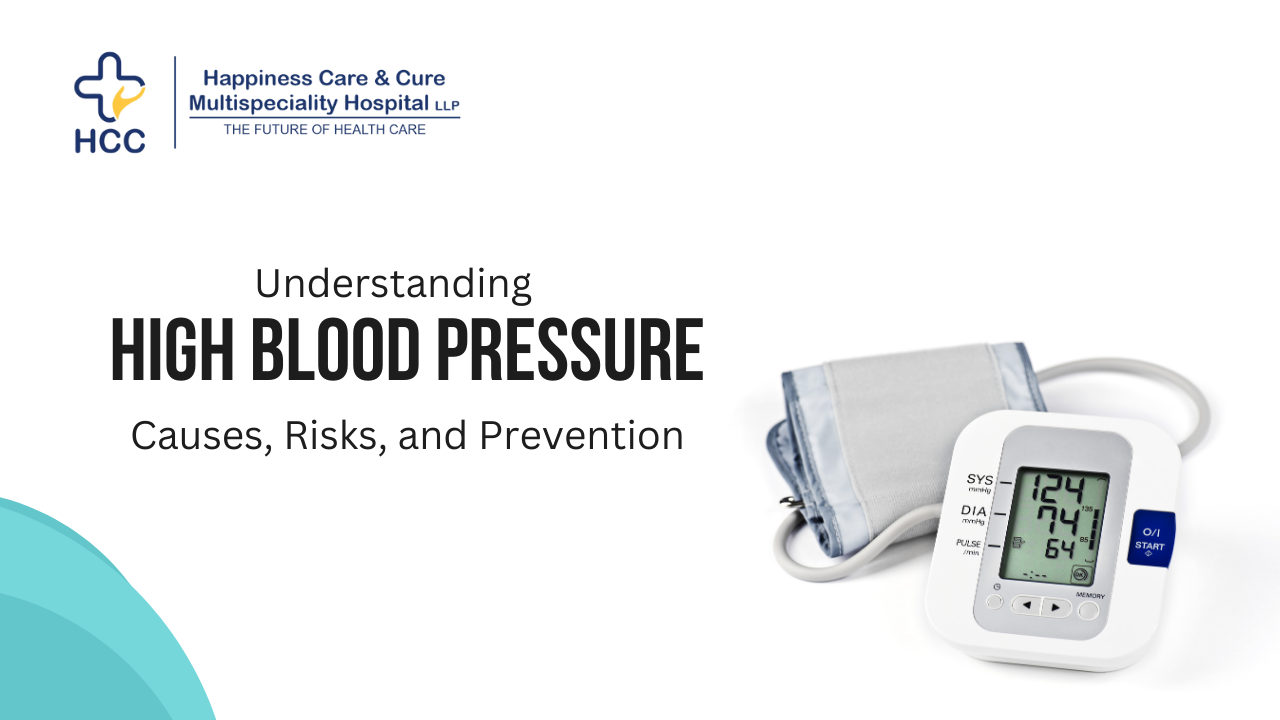
High blood pressure, medically known as hypertension, is a common yet serious condition that affects millions worldwide. In this comprehensive guide, we delve into the intricacies of high blood pressure, its causes, associated risks, and effective prevention strategies.
Introduction to High Blood Pressure
Understanding the fundamental concept of high blood pressure is crucial. It’s a condition where the force of blood against artery walls is consistently high, causing potential health risks.
Understanding Blood Pressure
What is Blood Pressure?
Blood pressure constitutes two measurements: systolic and diastolic. The former measures pressure during heartbeats, while the latter measures pressure when the heart rests.
Causes of High Blood Pressure
Various factors contribute to high blood pressure, ranging from lifestyle choices to genetic predispositions. Understanding these causes is pivotal in managing the condition effectively.
Risks Associated with High Blood Pressure
The repercussions of untreated high blood pressure can be severe, including increased risks of heart disease, stroke, and kidney damage.
Prevention and Management of High Blood Pressure
Implementing lifestyle changes, such as a balanced diet, regular exercise, and stress reduction techniques, significantly aids in preventing and managing high blood pressure.
Impact of High Blood Pressure on Health
High blood pressure can affect multiple body systems, leading to long-term health issues if left uncontrolled.
Diagnosing High Blood Pressure
Recognizing symptoms and undergoing medical tests play a vital role in early detection and effective management.
Treatment Options
A combination of medication and lifestyle changes forms the cornerstone of high blood pressure management.
Understanding the Importance of Regular Check-ups
Regular monitoring and check-ups are essential in controlling high blood pressure and preventing complications.
The Role of Diet in Managing High Blood Pressure
A well-balanced diet, rich in nutrients and low in sodium, greatly influences blood pressure control.
Exercising for Better Blood Pressure Control
Physical activity and exercise routines tailored to individual needs are key components in managing blood pressure.
Stress Management Techniques
Effective stress management techniques, such as mindfulness and relaxation exercises, contribute significantly to blood pressure regulation.
Medications for Controlling High Blood Pressure
Insight into various medication options aids in understanding treatment choices and their effects.
Living with High Blood Pressure
Support systems and coping mechanisms are crucial for individuals navigating life with high blood pressure.
Conclusion
In conclusion, comprehending high blood pressure, its causes, risks, and preventive measures is imperative for optimal health and well-being.
FAQs:
- Is high blood pressure reversible through lifestyle changes alone?
- While complete reversal might be challenging, adopting a healthy lifestyle can significantly lower blood pressure levels. Changes in diet, exercise, stress management, and avoiding harmful habits like smoking can notably improve blood pressure. However, individual responses vary, and some may require additional medical intervention.
- Can stress alone cause high blood pressure?
- Stress doesn't directly cause high blood pressure, but it can contribute to its development or exacerbation. Chronic stress can lead to unhealthy coping mechanisms like overeating or increased alcohol consumption, which can elevate blood pressure over time.
- What role does family history play in high blood pressure?
- Family history plays a substantial role in high blood pressure. If your parents or close relatives have hypertension, there's a higher likelihood of developing it. However, lifestyle modifications can still significantly influence its onset and management.
- Are there natural remedies to help manage high blood pressure?
- Several natural remedies can complement medical treatments in managing high blood pressure. These include dietary changes like reducing sodium intake, increasing potassium-rich foods, practicing relaxation techniques such as yoga or meditation, and regular physical activity.
- How often should one get their blood pressure checked for monitoring?
- For most adults, getting blood pressure checked at least once every two years if it's consistently within the normal range is recommended. However, individuals with hypertension or other risk factors should monitor more frequently, as advised by their healthcare provider. Regular monitoring helps in early detection and effective management.